Complexity Gaming has revealed a new building that’s set to be the organization’s headquarters located at The Star, a campus dedicated to the Dallas Cowboys that also houses its own headquarters.
The GameStop Performance Center is an 11,000 square foot building that will be close to the Cowboys’ base of operations in an effort to make the two organizations more connected. While teams like the Pittsburgh Steelers have affiliated esports organizations like the Pittsburgh Knights, Complexity is the first to receive such treatment from an established and traditional sports organization, even allowing players access to the same training facilities as the Cowboys and being able to eat food prepared by the same chef with nutritional importance in mind.
This comes at an opportune time in Complexity’s plan for what the organization calls “Esports 3.0.” Essentially, Complexity wants to lead the movement in helping professional esports players become recognized and respected on the same level as traditional sports athletes. By being incredibly close to the Dallas Cowboys headquarters, people may start to subconsciously associate the football team with Complexity, and association is a key factor in being recognized as similar or equal.
The GameStop Performance Center will have both private and public areas. The public area will contain a variety of things for visitors to do. There will be a LAN center-type area, with both PCs and tablets for visitors to use to play the latest esports titles. Additionally, there will be a place to purchase Complexity merchandise and there’s even a space to attend events at the center.
In terms of private features, the center boasts training rooms for Complexity’s players that will be able to simulate what it’s like to play on stage in a real LAN event. This should be useful for both players who need to prepare for their first event or veterans who are used to competing on stage. While most players play in an area that’s similar to an office, the center promises advanced sound engineering and precision climate control.
The Mind Gym, sponsored by Mamba Sports Academy and HyperX, is essentially a space for players to take a break from grinding their respective titles and take care of themselves with activities such as yoga and using “proprietary training software” to improve mental performance. The floors will also be made of rubber so that these activities can be done without additional stress on the body.
One of the most interesting additions is the “Decompression Porch,” a place for players to relax before or after games. A notable feature is the inclusion of cryotherapy, although it’s unknown how this will be implemented. The Porch is the recovery area for athletes, so it’ll most likely be a very busy place for the center.
Complexity isn’t satisfied with what’s out now, however. The Innovation Lab is a space where Complexity staff will research and design ways to improve player life and protect against injury, as well as test products.
The building also includes an area where players can relax and drink with management and coaches: the Miller Lite Player Lounge. This is meant to be a more relaxed area with a screen to watch other games that Complexity is competing in at the time so coL teams can cheer each other on. The Stream Studio is a content creation area that will be accessible by players and streamers to uphold both the Complexity brand and their own.
The introduction of the GameStop Performance Center is important for the team and esports as a whole. The Dallas Cowboys and other brands that have invested in this center have sent a very clear message. Esports is something worth investing in, and it’s not going away anytime soon, which is further expressed with the brick-and-mortar building and the permanence it implies. If other companies, brands, and organizations don’t step up to the plate and support their teams in kind, it might be seen as a disservice to the players and to the legitimacy of esports as a whole.


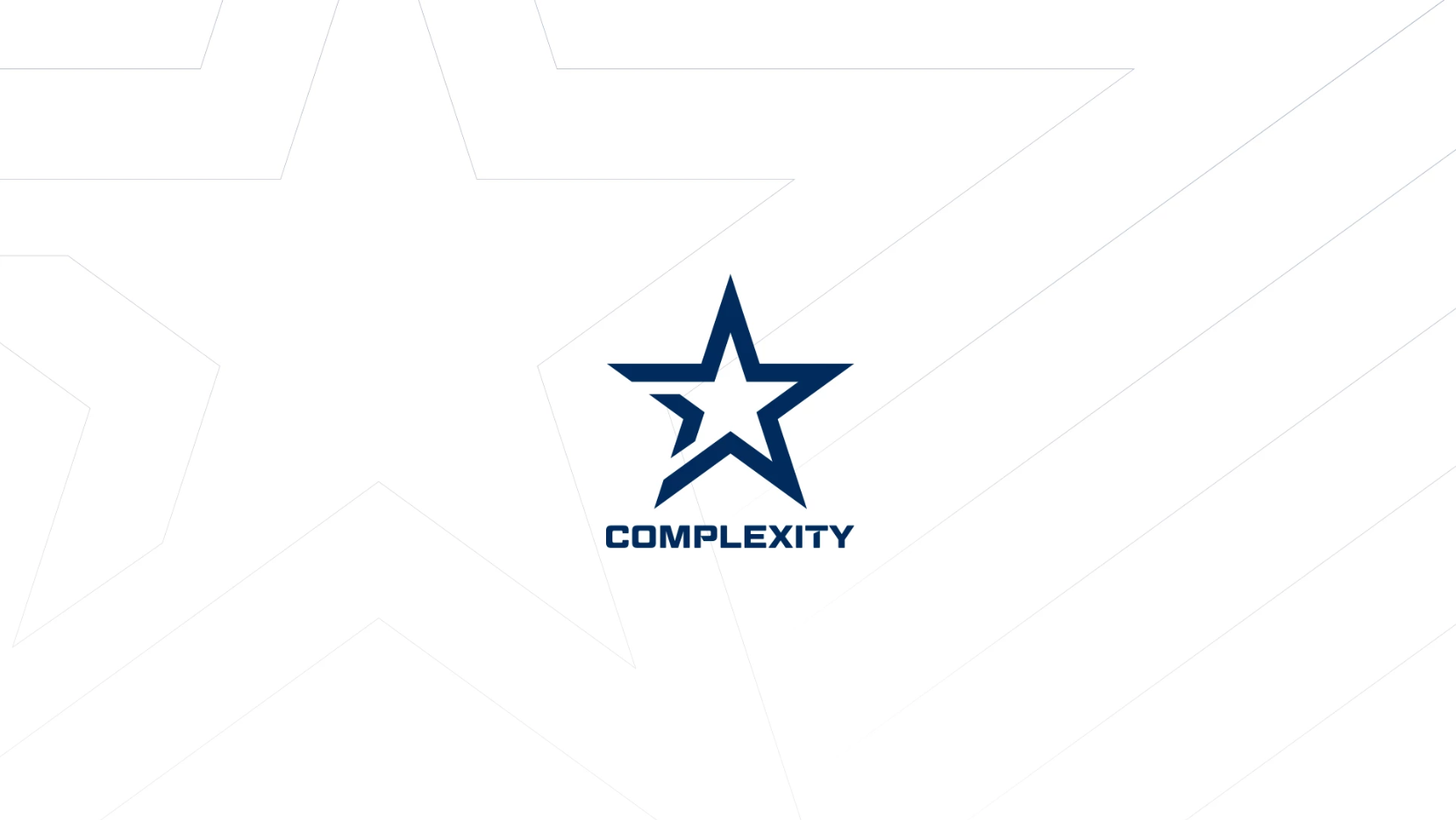



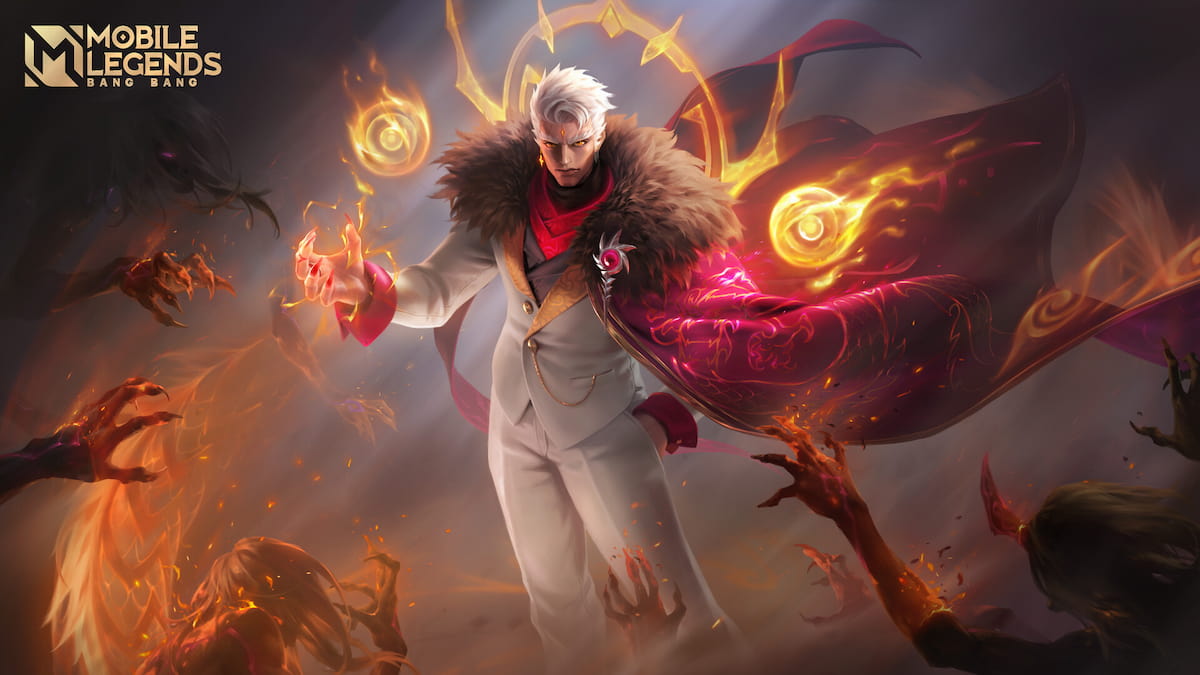
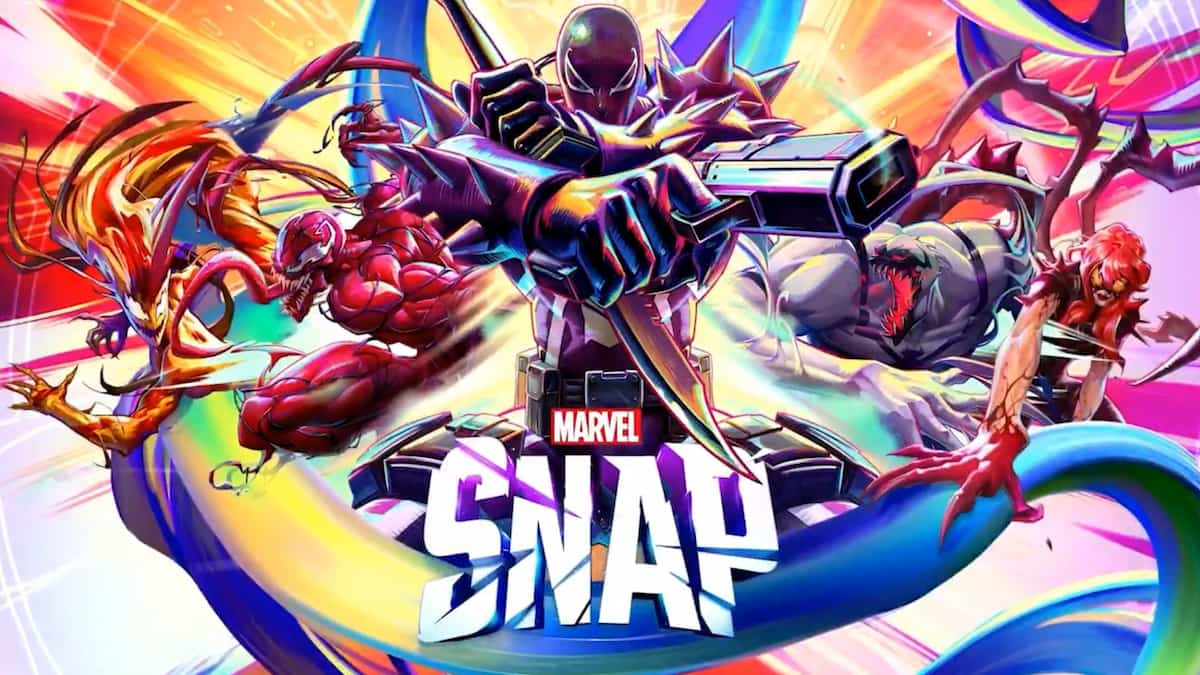


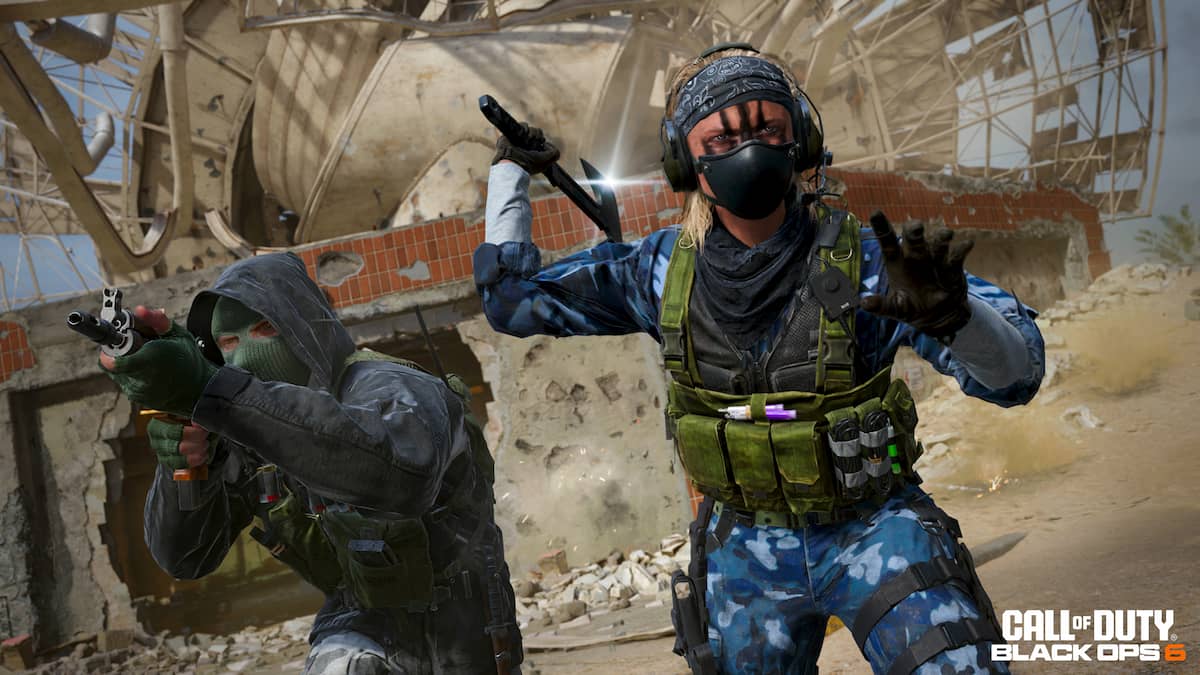
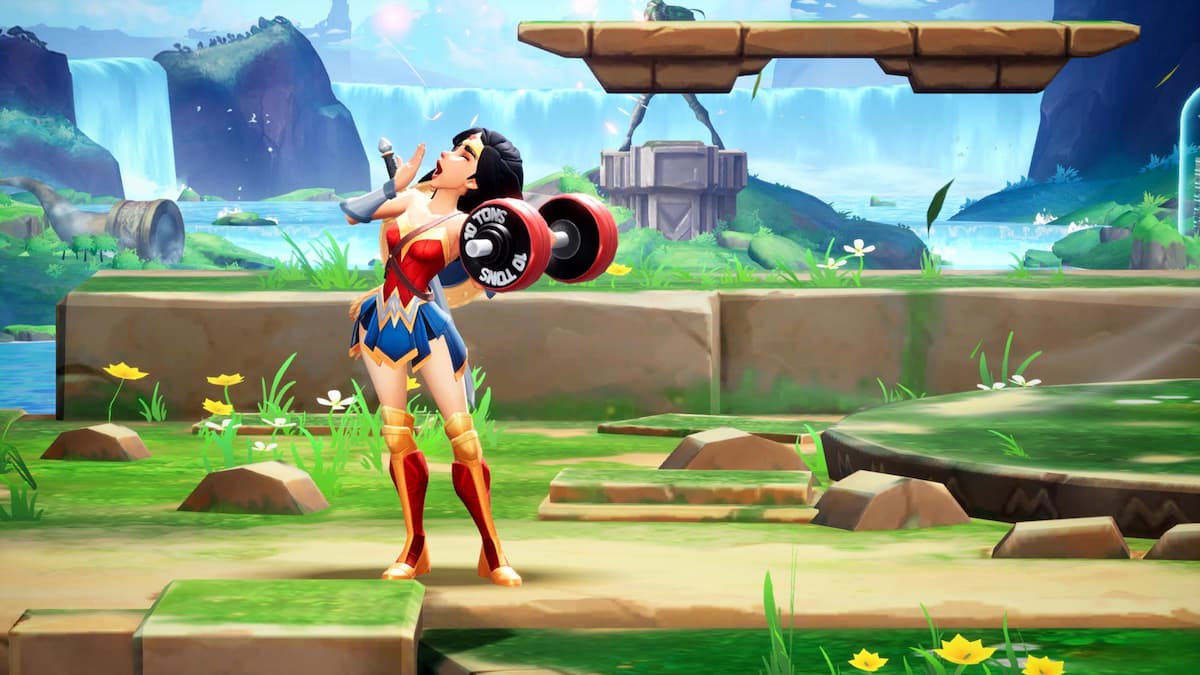
Published: May 20, 2019 10:48 am